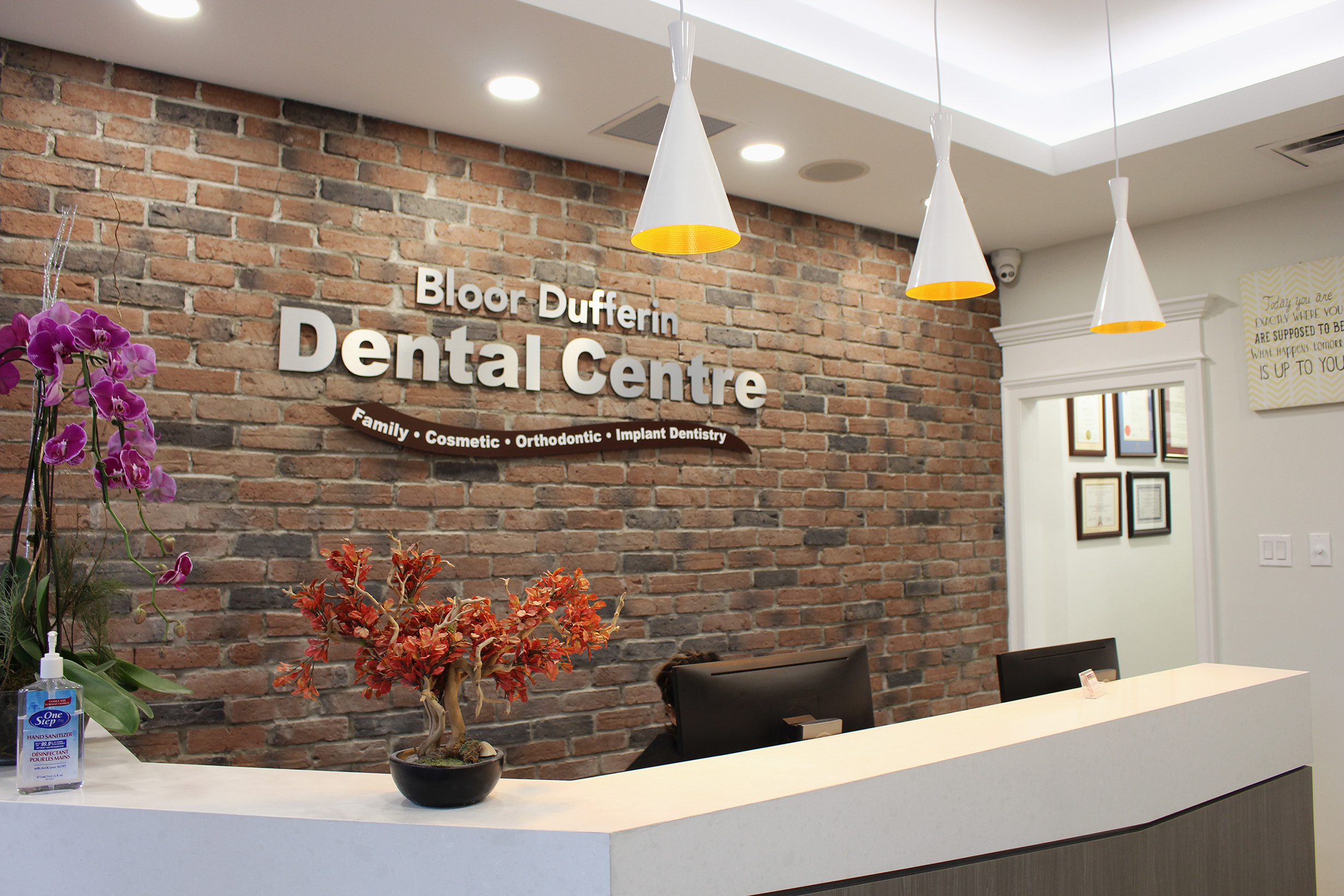

Temporomandibular joint disorder (TMD) refers to a group of conditions affecting the temporomandibular joint (TMJ), which connects your jaw to your skull. TMD can cause pain in the jaw joint and surrounding muscles, as well as difficulties in jaw movement. It's a fairly common issue that can range from mild discomfort to chronic pain.
A nightguard is a common and effective treatment for temporomandibular joint disorder (TMD), especially if the condition is caused or worsened by teeth grinding (bruxism) or clenching during sleep. Nightguards are custom-fitted devices made of plastic or acrylic that fit over your upper or lower teeth. They help to alleviate symptoms by providing a barrier between the teeth, preventing grinding and reducing pressure on the jaw muscles and joints.
A custom nightguard from your dentist will fit your teeth and jaw more precisely than over-the-counter options. Dentists create these guards by taking a mold of your teeth and then crafting a guard to match your unique bite. Custom nightguards tend to be more comfortable and effective than pre-made options, though they are more expensive.
In general, nightguards are a non-invasive way to manage TMD symptoms and can provide significant relief for many patients. However, it's important to consult with your dentist to determine if a nightguard is the right solution for your specific case of TMD.
Neuromodulators, such as Botox, for temporomandibular joint disorder (TMD) is an emerging treatment option that some dentists and oral surgeons offer. Botox is commonly known for cosmetic applications, but it can also be used therapeutically to relax muscles.
In the case of TMD, Botox is injected into specific facial muscles, particularly those that control chewing, to reduce muscle tension and spasms. This may help alleviate jaw pain, headaches, and other symptoms associated with TMD. The effects of Botox are temporary, typically lasting around 3-6 months, so repeated treatments are necessary to maintain relief.
While some patients experience significant improvement, Botox is generally considered a supplemental treatment. Dentists usually recommend it in cases where more conventional treatments, such as nightguard/mouthguard, physical therapy, or anti-inflammatory medications, have not been sufficient. Dr. Tom Nguyen had trainings and is certified to administer Botox for TMD and lip filler injections.
If you are interested in Botox treatment and whether it is right for you please call us to book an appointment.
© Bloor Dufferin Dental Centre
Dental Website SEO management by UpOnline.
![]()